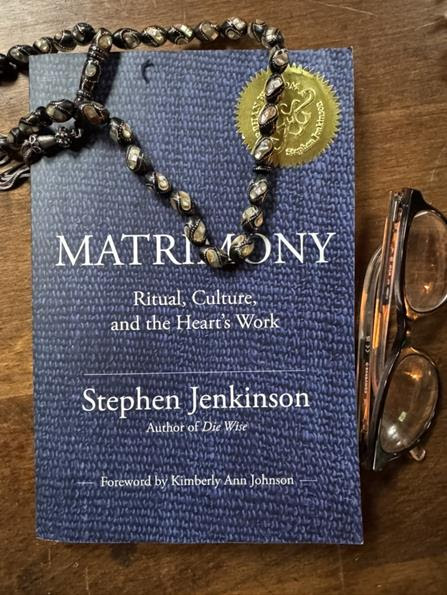
We are pleased to that announce over 100 original audio clips have been added to the chambers in the Scriptorium Library.
Become a Lineage Member to listen in.
Learn more about Scriptorium Membership
In January of 2025, eight Orphan Wisdom Scholars gathered to test out the idea of transcribing the plethora of material Stephen Jenkinson has generated over the last two decades. This is a small excerpt from those early Scriptorium dreaming days in the Great Hall.
Khadija: Earlier today David was speaking about the difference between echo and something being amplified.
David: I think, in that particular distinction, echo requires being molded by a further surface and arriving again, whereas the amplification is just sort of a straight ‘opening out’.
After we had spoken to that, I thought of the idea of responsibility. And for a space to echo, it has to be response-able, which to me started to kind of resonate with the sorts of things that we’re trying to do here.
Stephen: Good. Well, listening isn’t passive, neither is it aggressive. It can be those things- but then it’s not really listening. If you are aggressive and you’re listening, the chances are you’re not hearing very much.
You ‘heard something’. That’s all you needed to hear to legitimize the prejudices that are rising. Remember I used to say to you all the time, “Pay attention to me if you want to.” I didn’t quite say it this way. I’m saying it now but what you really want to pay attention to is when you start reaching for the brake pedal. And you’ll do it in ways you don’t notice, and you won’t think that’s what it is. You think you’re still on about what I said, but what I said doesn’t inevitably result in you reaching for the brake pedal. So, apparently that’s you talking. The “whoa, whoa, whoa” that which you bring to something you heard from me, is you talking.
Is that an echo?
This is a good question because we know that we use the word echo, typically, to mean something in the order of ‘a faithful but slightly diminished rendering of the original’. If the chamber is without wrinkles, if the chamber’s wrinkle is dissonant, somewhat, then the reverberation would bounce around a bit, and the sign and the cosign waves and all of the Pythagorean stuff would suddenly be messing about. Do you know what I’m referring to here?
Audience: No. No.
Stephen: So, Pythagoras was among the first guys to imagine that sound had a shape beyond what made it. When you’re tuning a guitar harmonically, you are hitting the string in such a way that it, instead of hitting the only note that’s available when you finger the string, if you just touch the string lightly at certain places up the neck, it rings. It’s not heading towards a deadening of the sound, it escalates for a moment before it starts to wane. And if you do that with two strings that are not quite tuned, you can hear the waver. Right. And that’s what Pythagoras went off on. “What’s that waver?” He was the guy that talked about waves of sound and then he amplified the notion to spheres in the heavens and celestial sound and it’s quite remarkable stuff.
This is pertaining to echos, isn’t it? Obviously. You’re paying attention to whether or not you are a faithful echo. Is that synonymous with “faithful witness?” Is the thing you heard recognizable in what you say back?
Is it supposed to be? When you add to it, even in more or less faithful transcription, is that distortion or is it service? There are other possibilities, but those are two.



